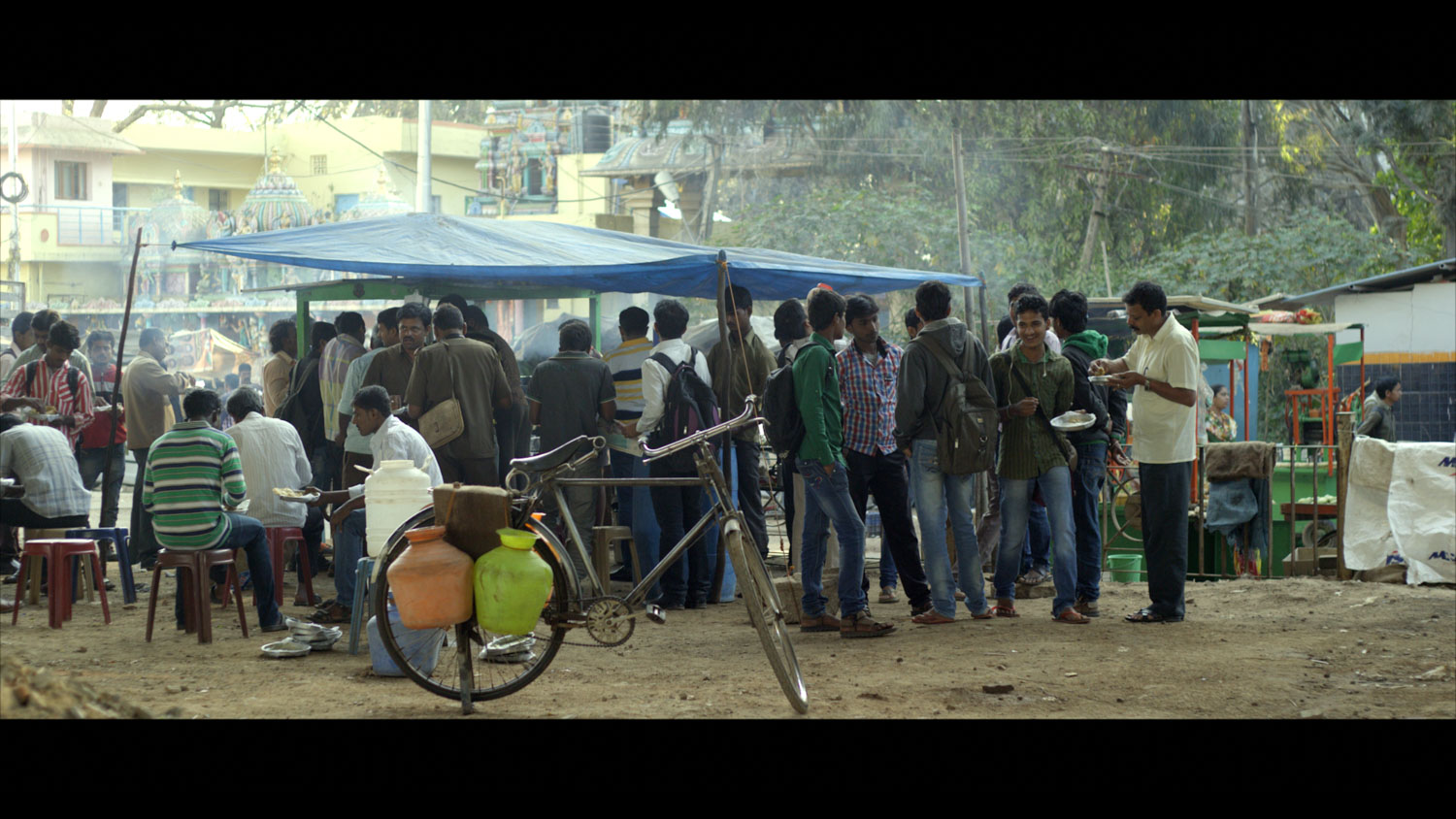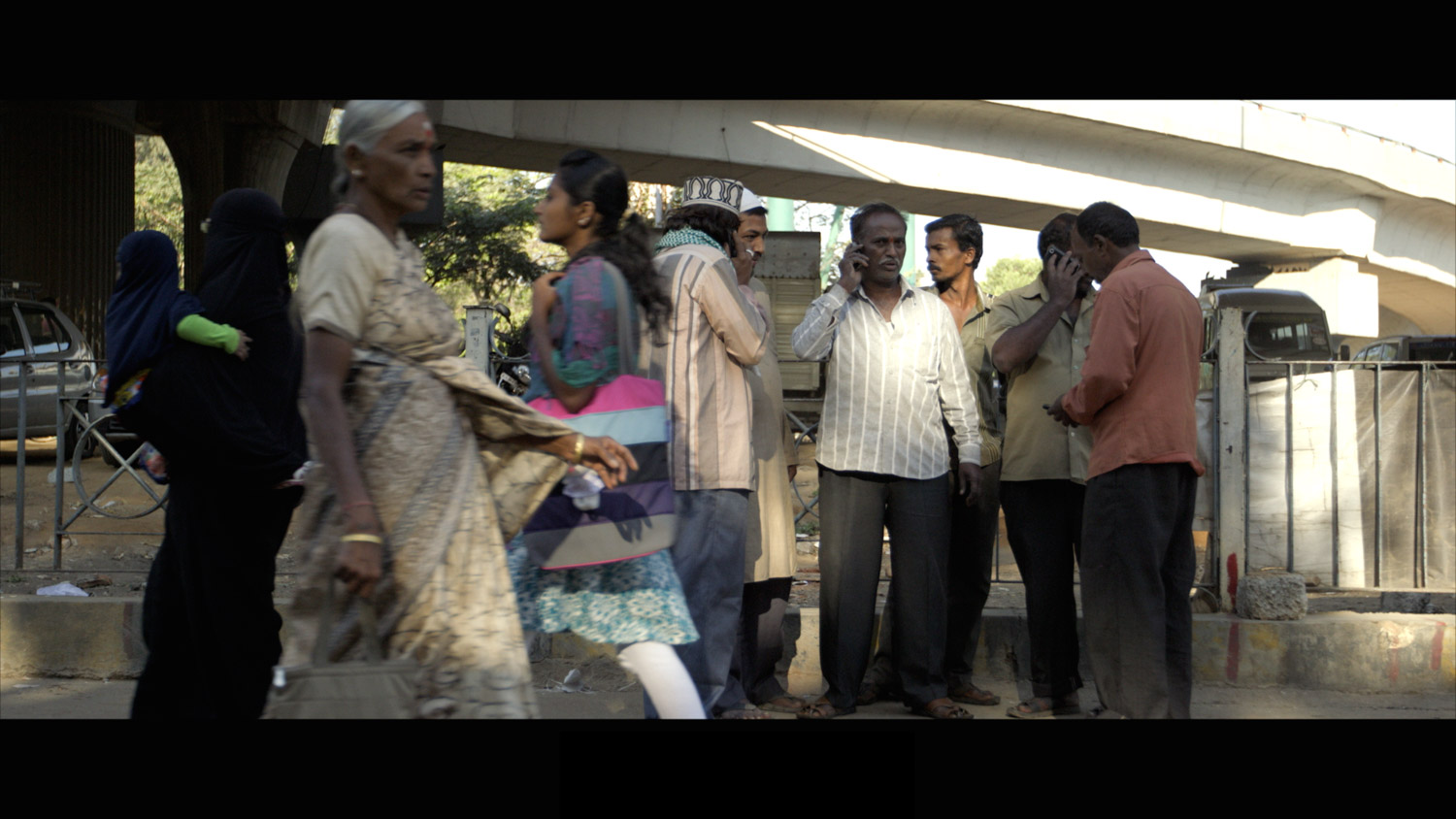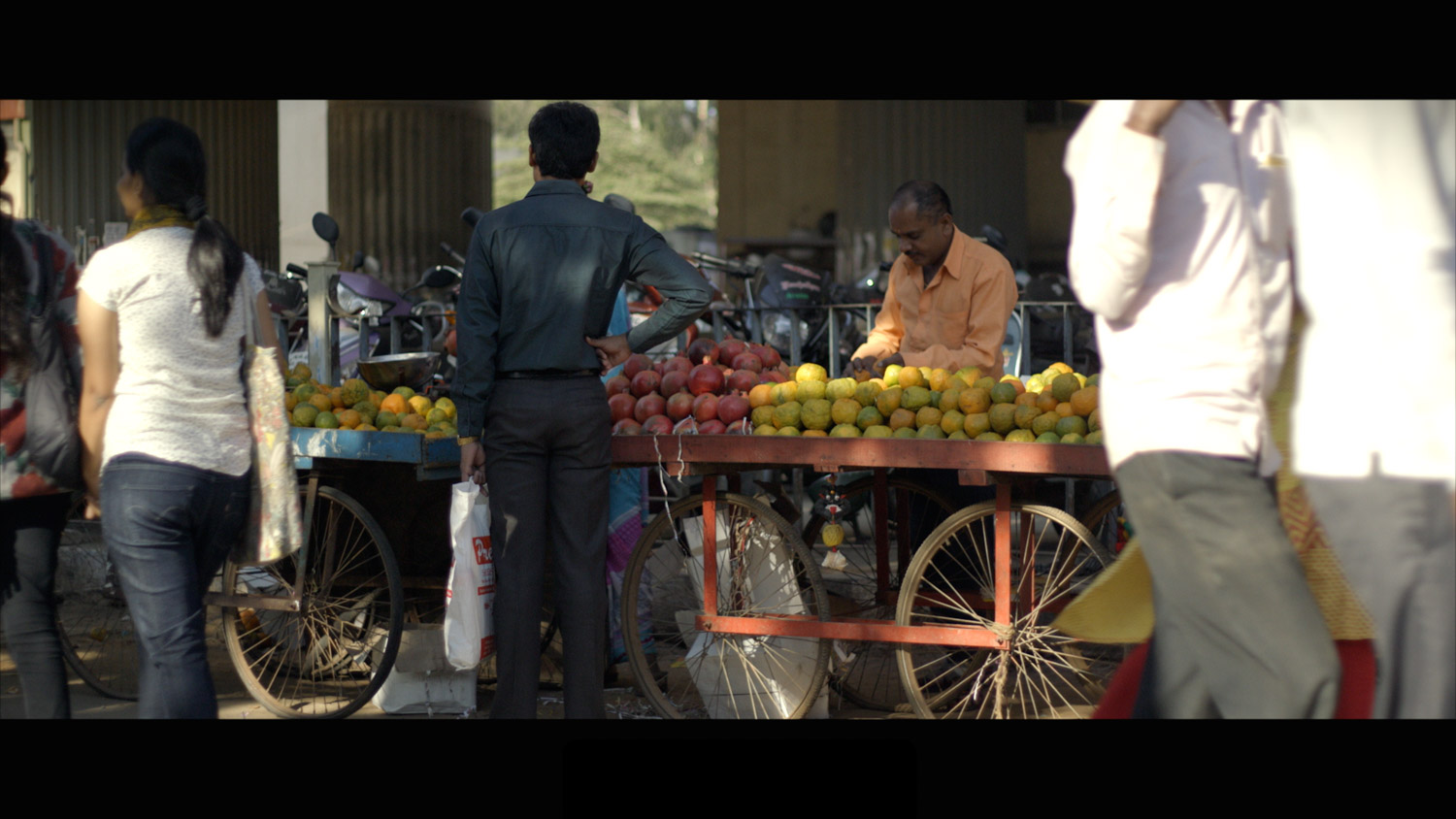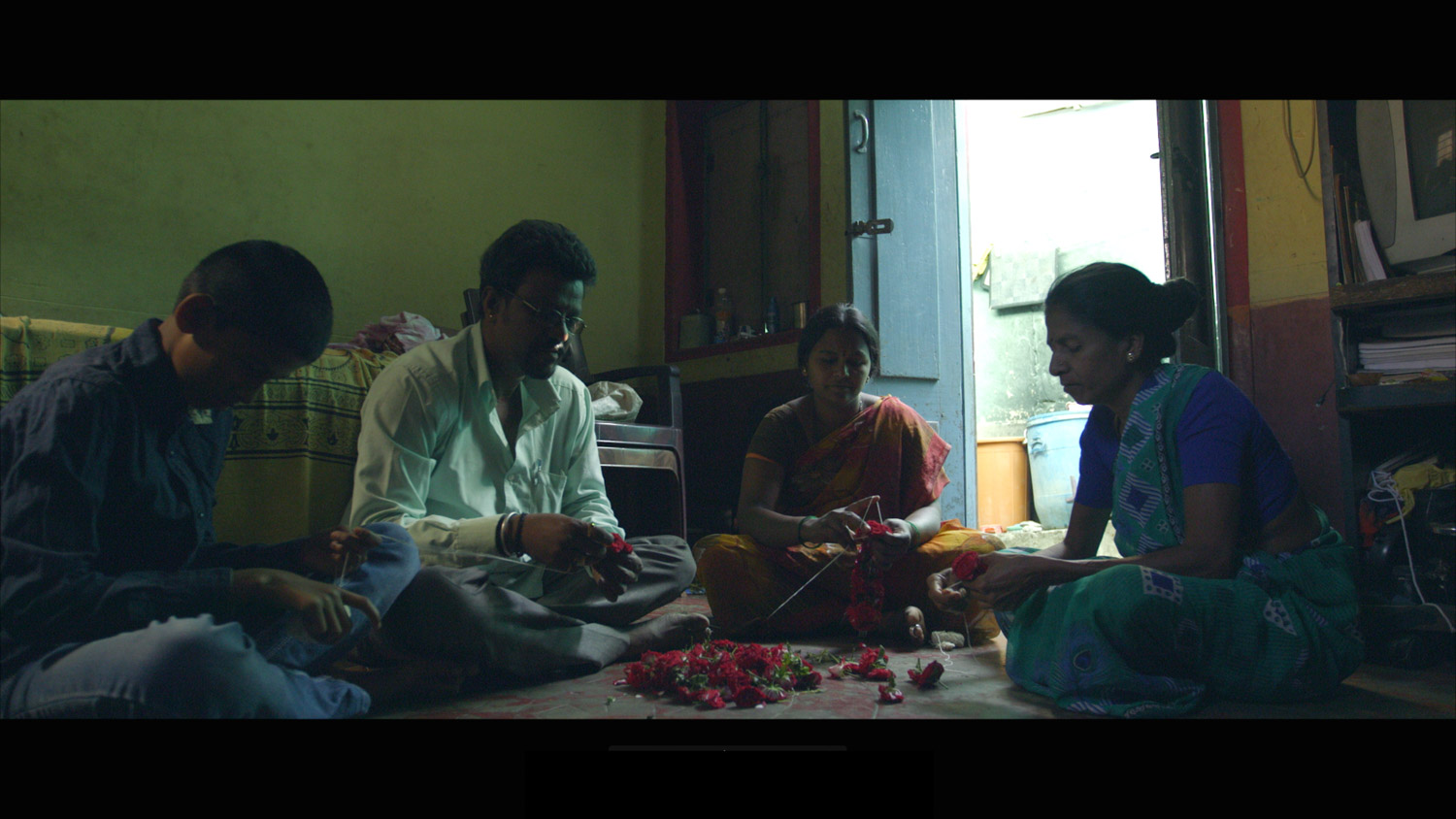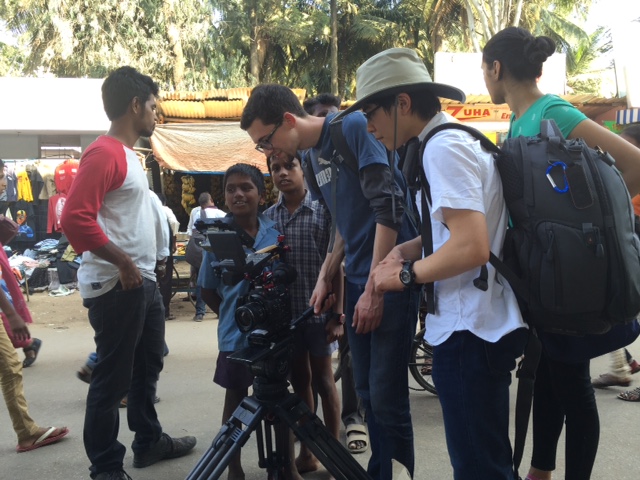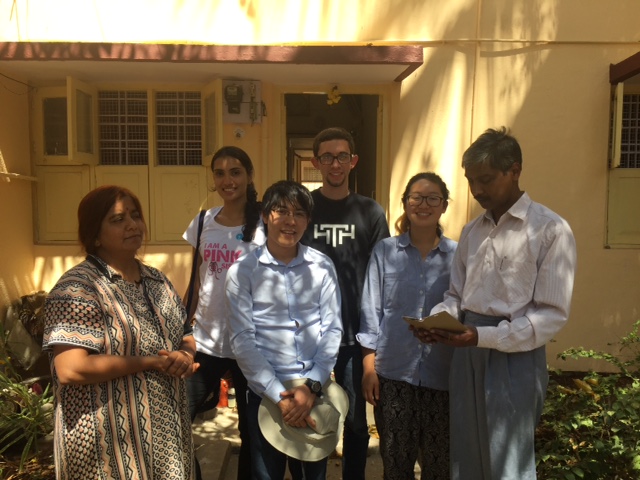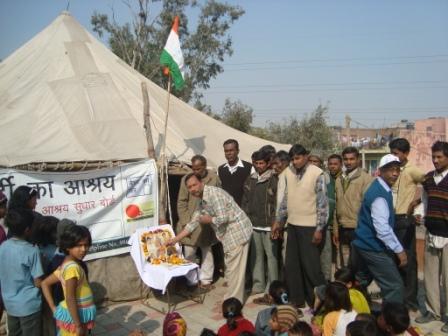Your cart is currently empty!
Category: ACORN India
ACORN India came into existence when in March 2005 the stage was set by the work ACORN International was doing in partnership with the FDI Watch campaign in India. ACORN India FDI Watch seeks to scrutinize and challenge Foreign Direct Investment in the retail sector in India. ACORN India seeks to prevent large multi-national companies like Wal-Mart from entering Indian markets unless they guarantee protection of communities they affect; ensure stability of the existing small businesses and ensure livelihoods of small traders; guarantee fair wages, just working conditions and a right to unionize to all their employees; and ensure that a significant portion of the supplies comes from the Indian markets. LEARN MORE>>>
-

ACORN India Filming Hawkers Video
ACORN India recruitment video for the ACORN hawkers and street vendors union in Bengaluru being filmed right now.




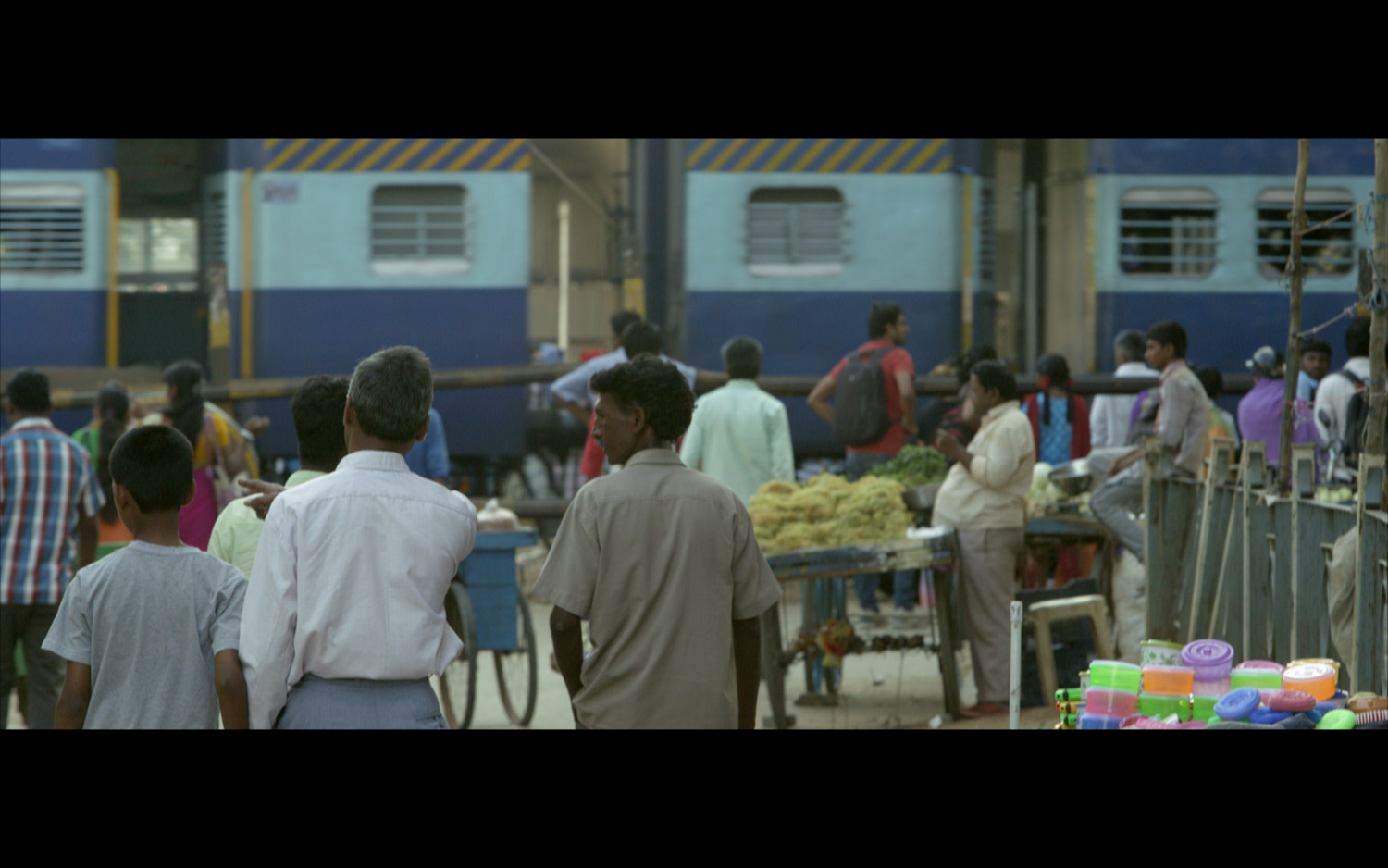



-

ACORN in Delhi Offers Alternatives to the “Sleep Mafia”
Check out the Chief Organizer Blog that features the work of ACORN in India for the homeless.
In addition to running our own shelters again, ACORN India also runs a rescue vehicle in Delhi.
It moves in the streets from 10 pm to 4 am and rescues homeless sleeping in open by bringing them to the nearest shelter.
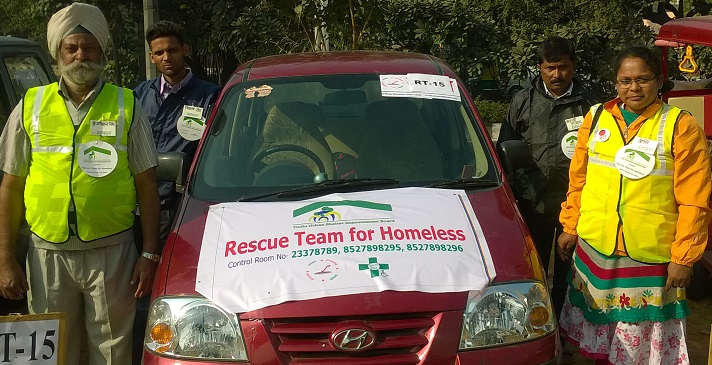
Homeless problem was featured in the New York Times on January 18th, 2016.
-

Street Vendors Board Demanded
Dharmendra Kumar led a delegation of street vendors leaders to the Hon’ble Minister of Labour & Employment, Govt. of NCT of Delhi demanding creation of a Street Vendors Board, Provision of social security to all existing street vendors and registration of street vendors associations as trade unions.

-

Street Vendors meet the Chief Minister of Delhi
30 May, 2015: A delegation of street vendors leaders led by Dharmendra Kumar met Mr. Arvind Kejriwal, the Chief Minister (C.M.) of NCT. of Delhi.
A range of issues were discussed during the meeting. Hon’ble CM was requested to revisit the Street Vendors (protection of Livelihood and Regulation of vending) rules, 2014 to make sure that the Town Vending Committee has representatives of street vendors democratically elected by all existing informal street vendors and not just by the already licensed ones.
The delegation welcomed the Delhi govt. notification issued on 19th Feb 2015 directing authorities not to disturb existing street vendors/hawkers. It was also requested to create framework to allow new vendors.
The delegation thanked Mr. Kejriwal for his govt. stand to not allow foreign direct investment (FDI) in multibrand retail under territorial jurisdiction of Delhi. Last but not the least, the delegation presented a report to the Hon’ble CM based on a survey conducted among street vendors from across Delhi. The study finds that street vendors continue to be harassed by various authorities especially the municipality and police. According to the findings of the study, street vendors of Delhi are annually paying around Indian National Rupees (INR) 844 crores (almost 140 million US$) to personnel of municipality and police.

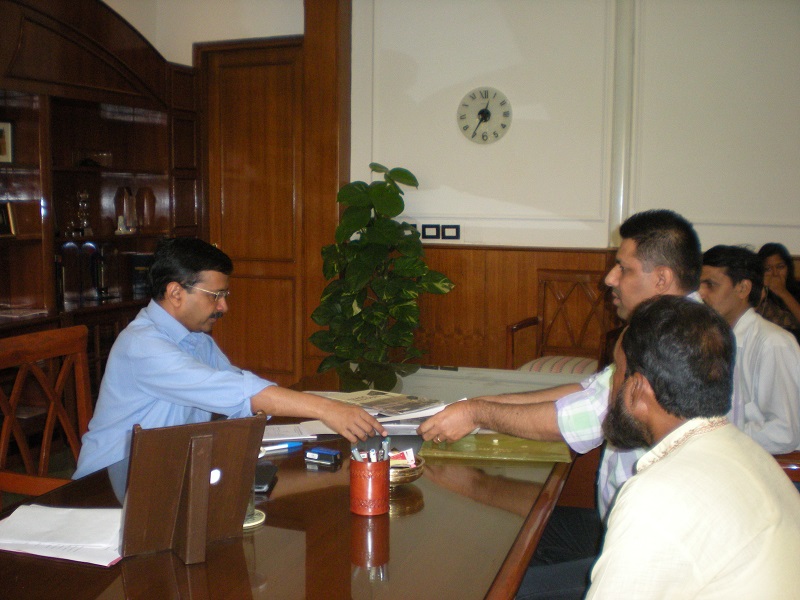
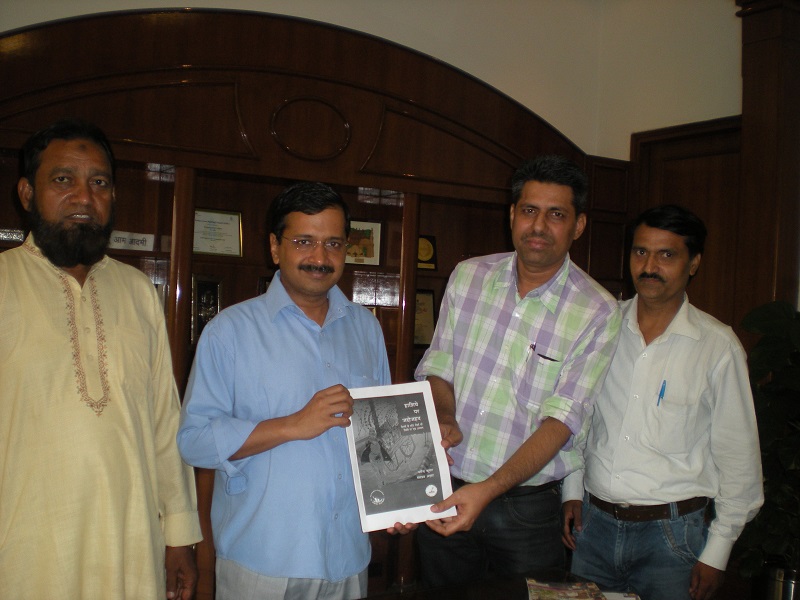
-
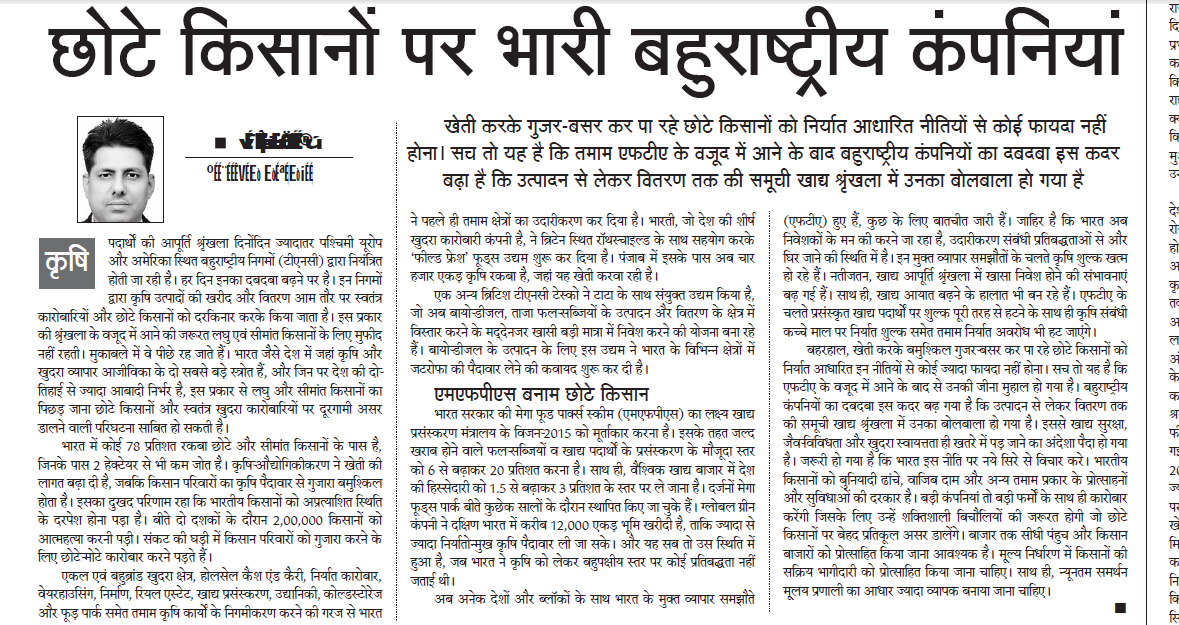
Article on Farmers’ Issues in Hindi Daily
ACORN India article about farmers’ issues is featured in the Hindi Daily.

-
Report from ACORN Agentina
Report on the work of ACORN Argentina.
-
Peoples Manifesto Released
The Forum of Informal Urban Poor Workers (FIUPW) and PRIA released peoples manifesto titled ‘Addressing Urban Poverty and Reformed Urban Governance’ in a jointly organized event held on 28th March, 2014 at The Speaker Hall, Constitution Club of India, New Delhi.
-
Addressing Urban Poverty and Reformed Governance – National Campaign
“Addressing Urban Poverty and Reformed Governance – National Campaign” was organized on 12th February, 2014 at The Auditorium, Gandhi Peace Foundation, Delhi. PRIA and Forum of Informal Urban Poor Workers (FIUPW) jointly organized the event. FIUPW’s manifesto on Urban Poor was shared with different media houses and later handed over to different political parties contesting for the general election 2014 in India.




